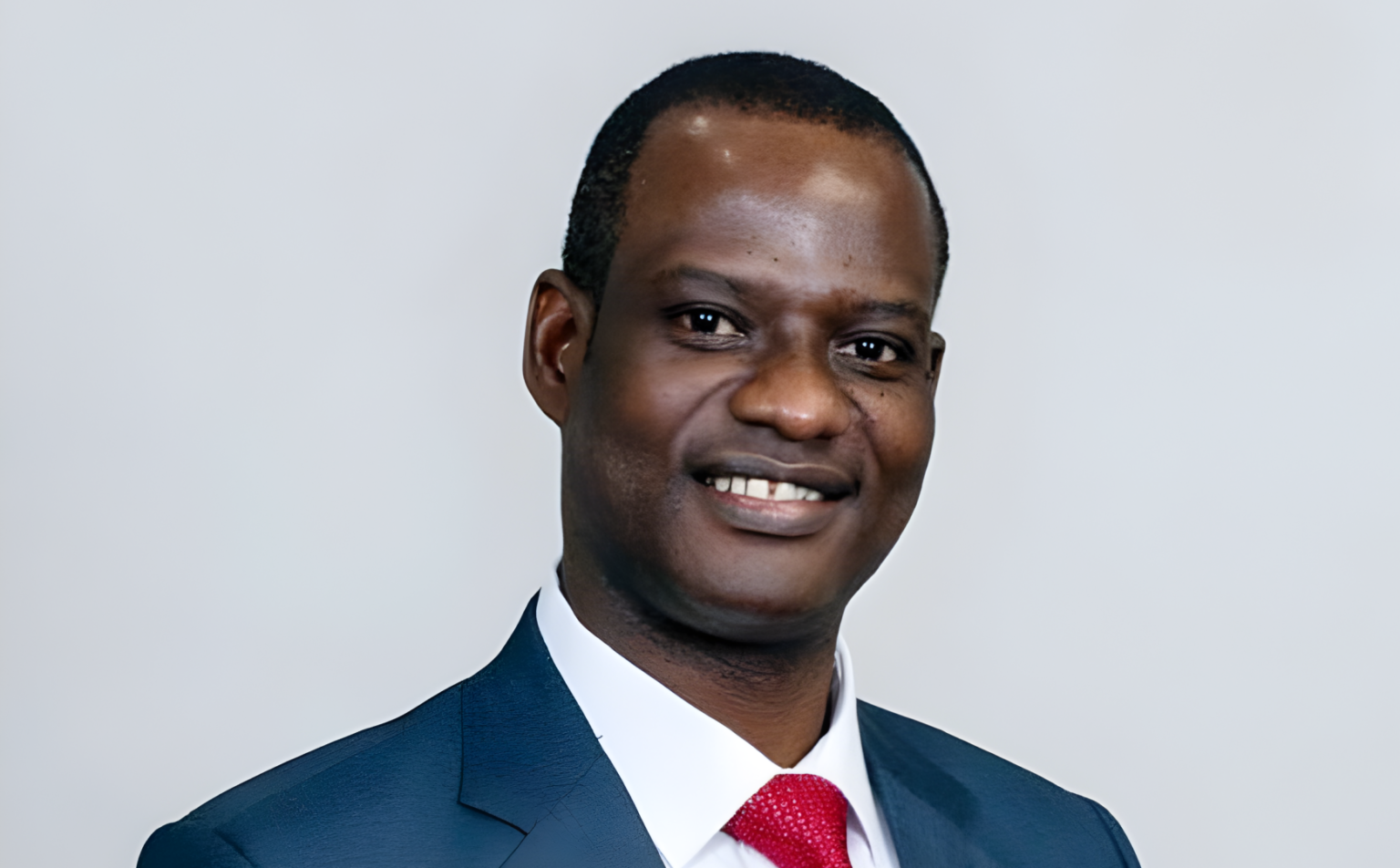The Presidential Fiscal Policy and Tax Reforms Committee has confirmed that virtual currencies will be subject to taxation under Nigeria’s new tax reform framework. The committee’s chairman, Taiwo Oyedele, disclosed during an online public lecture hosted on Wednesday by the Capital Market Academics of Nigeria.
According to the News Agency of Nigeria, virtual currency refers to a digital or electronic representation of value that exists solely online and has no physical form. These currencies are typically created and managed by private developers or digital communities. While some forms are used only within closed networks, others—such as cryptocurrencies—can be exchanged for conventional money, making them increasingly visible within the broader financial system.
Speaking at the event, Oyedele clarified that although virtual currencies will be taxed under the new regime, capital market gains have been expressly exempted. He urged financial stakeholders, educators, and regulators to intensify efforts to guide young people to invest in the formal capital market rather than turn to speculative cryptocurrency trading or gambling.
“Virtual currency under the new law is liable to tax,” he said. “Capital market gains for virtually everybody are exempted, so why are we not telling our young people that the returns on our capital market are better and that it is exempted?”
He lamented that many young Nigerians wrongly believe that capital market investments attract a 30 per cent tax, describing this as a damaging misconception. Such misinformation, he warned, discourages potential investors and fuels decisions that could jeopardise financial stability.
“Real people make bad decisions when misinformed. Narratives drive sentiments, and the latter create our reality,” Oyedele noted. He explained that while markets often correct themselves over time, short-term misinformation can cause individuals to suffer significant losses before such corrections occur.
On the issue of tax refunds, Oyedele revealed that the new law mandates the government to reserve funds specifically for this purpose, ensuring greater transparency and accountability. Unlike previous arrangements, revenue will not be shared in full immediately, allowing for a more structured fiscal process.
He added that the committee is collaborating with the National Orientation Agency (NOA) to translate and disseminate the new tax law in local languages, ensuring that citizens at the grassroots level fully understand its provisions and implications.
The reforms, he stressed, are designed to create a fairer and more efficient tax environment while broadening public understanding of Nigeria’s evolving financial landscape.



